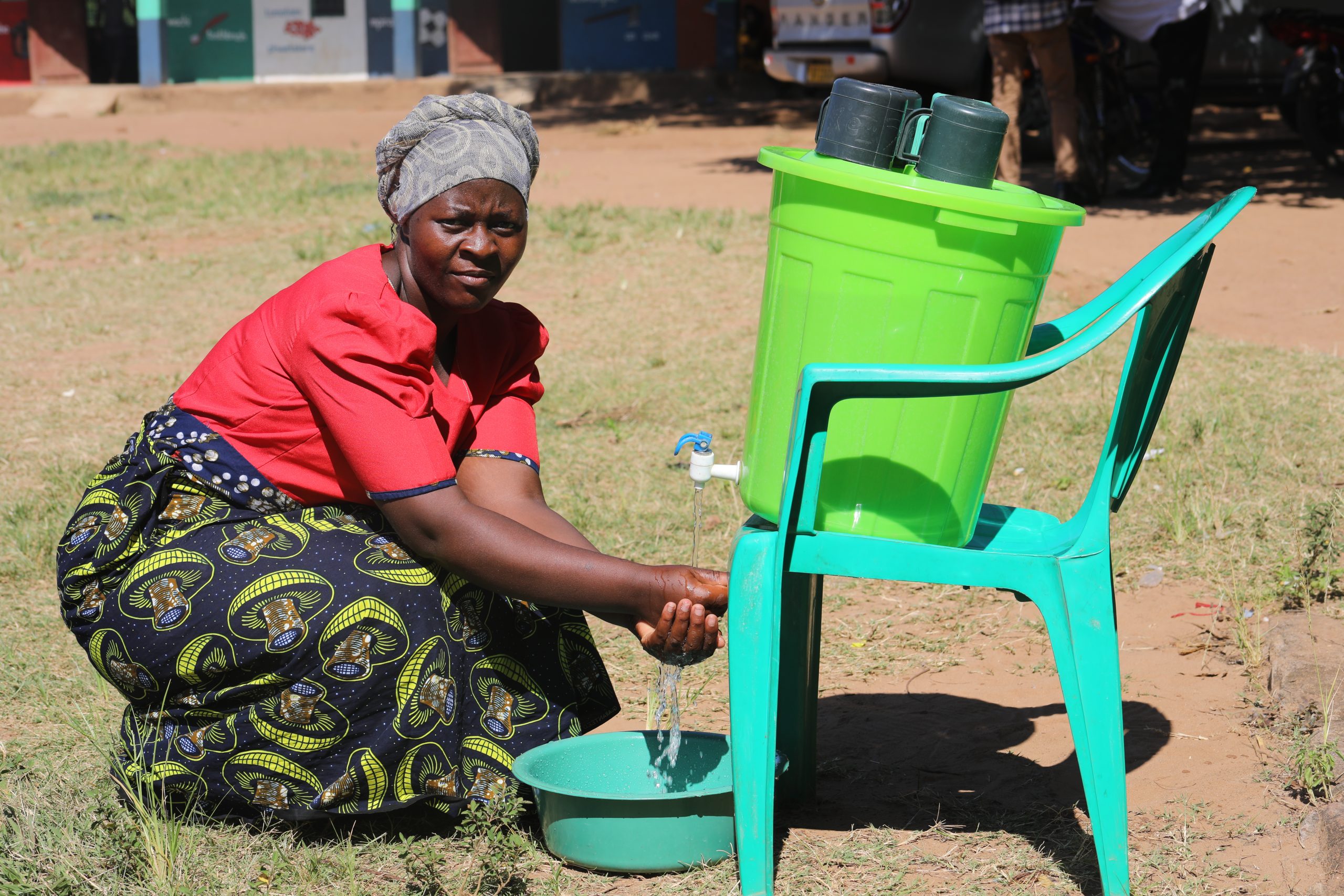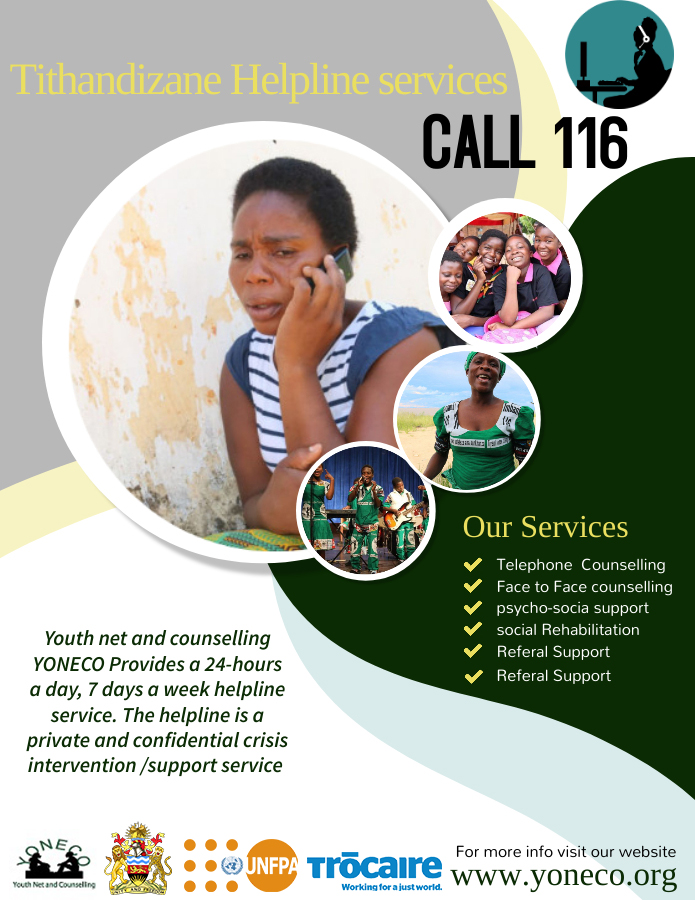Malawi faces recurrent drastic weather conditions that includes dry spells, seasonal droughts, intense rainfall, riverine floods, and flash floods.
Malawi has had three major cyclones in a space of less than 15 months – Cyclone Ana (January 2022), Gombe (March 2022) and Freddy (March 2023).
Health service delivery have been affected by these climate change induced disasters as roads have been disrupted or broken, health infrastructures have been washed away and, in some situations, even health personnel displaced and moved to camps with limited healing time for the communities affected.
Key issues include:
• Heat related stress and deaths among the elderly, longer and favourable warm conditions
• Increases the incidence of vector-related disease like malaria
• water evaporation in sources that impact agriculture productivity increasing food insecurity and malnutrition.
• Injury and mortality has also increased especially for vulnerable groups like children, physically challenged and the elderly subject to disasters
• Floods and droughts have caused numerous challenges that include food insecurity and malnutrition, people living with HIV and AIDS, food security and malnutrition and displacement into unemployment, women in transitional sex and high risk of HIV.
• Flooding have pushed men, women, boys and girls into temporary shelters (camps) limiting their access to SRHR services, menstrual hygiene, food supplies and destroyed the livelihood leading to teenage pregnancies, child marries, spread of communicable diseases like scabies in the camps
• Water borne diseases diarrhoea with high death rates (19% of the deaths) among children has been attributed to waterborne diseases. Malawi has for a period now been a Cholera hotspot.
• Mental health emerged with high rates of suicide, violence against women and drug and substance abuse like farmers who have lost their crops and livestock, unemployed men and women due to disasters and those that are grieving
Objectives
To enhance the capacity of the community systems and structures and systems for effective management water and sanitation to prevent the water-borne-diseases and reduce infant mortality in Machinga and Zomba by June 2027
To strengthen the community support systems in the provision of SRHR, mental health and family planning services for the survivors of climate induced shocks and impacts in Zomba and Machinga by June 2027
To improve the food security, nutrition and livelihoods of 2500 households affected by climate change to improve health outcomes in Machinga and Zomba district by June 2027
Outcomes
Outcome 1: Community structures and systems have adequate capacity to effectively manage water and sanitations systems that prevent and manage the borne diseases and reduced infant mortality in the districts
Outcome 2: Emergency with improved knowledge on protection, health and WASH among affected population
Outcome 3: Women, men, children and adolescent girls have improved livelihood and economically empowered increasing their resilience to further shocks from disasters in the communities and managing their access to health service
Project key strategies
Community Systems Strengthening
Support in Water and Sanitation Services;
SRHR, Mental Health and Protection Services for Women and Adolescents Boys and Girls
Food Security, Livelihood and Nutrition.


